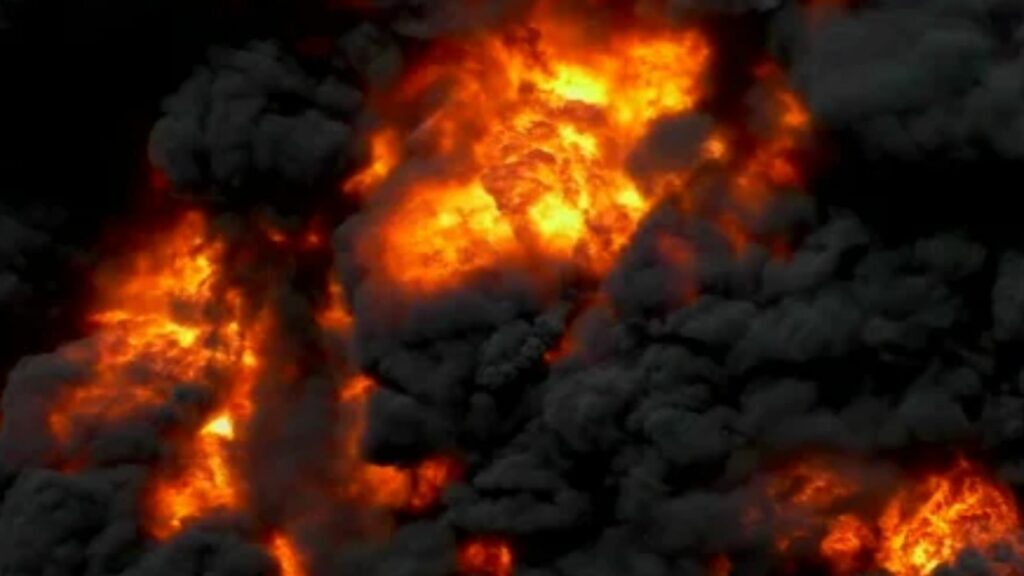Large amounts of gas are being burned in Russia while exports to Europe are cut
Analysts from the Norwegian energy firm Rystad Energy revealed on Friday that Russia has been wasting massive volumes of natural gas while limiting supply to Europe.
A massive flare can be seen from space as significant quantities of gas are burnt off at the Portovaya compression station.
This station is located in close proximity to the Finnish border and supplies gas to the Nord Stream 1 pipeline that travels through Russia and into Germany. The pipeline is only operating at 20% of its capacity.
Exorbitant quantities of fuel are being wasted.
The consulting firm estimated that daily flaring volumes were roughly 4.34 million cubic metres or 1.6 billion cubic metres annually.
Flaring is a standard method of disposing of excess gas or oil, but the amount being reported is quite significant.
As of earlier this month, it had already been recorded in Finland. Professor Esa Vakkilainen of LUT University claims that during the past two months, the Russian energy behemoth Gazprom may have wasted gas worth about €1,000 ($998.70) every hour.
Vakkilainen also expressed concern, saying, “a big environmental problem, especially for the North Pole area where this soot has definitely an effect on global warming.”
There are approximately 9,000 tonnes of CO2 being emitted everyday due to the flaring, according to Rystad, making it an environmental calamity.
Russia, which is the world’s fourth-largest emitter of greenhouse gases, aspires to become carbon neutral by the year 2060. But since the invasion of Ukraine and the accompanying stalemate with the West, Gazprom’s gas output has decreased by 13 percent.
The volume, emissions, and position of the flaring are a tangible reminder of Russia’s control over Europe’s energy markets, according to Sindre Knutsson, chief market analyst at Rystad, who spoke to the Spanish news agency EFE.
According to the consultant, the “The flaring flame is highly visible, perhaps indicating that gas is ready and waiting to flow to Europe if friendly political relations resume,” suggesting gas is ready to flow to Europe once cordial political relations are resumed.
